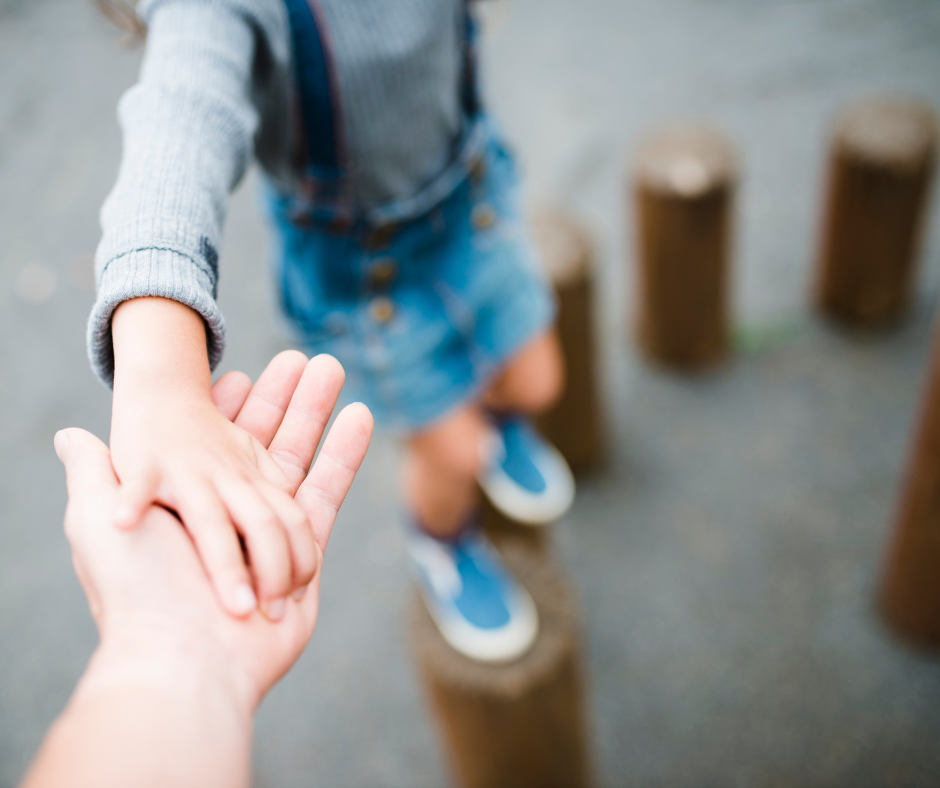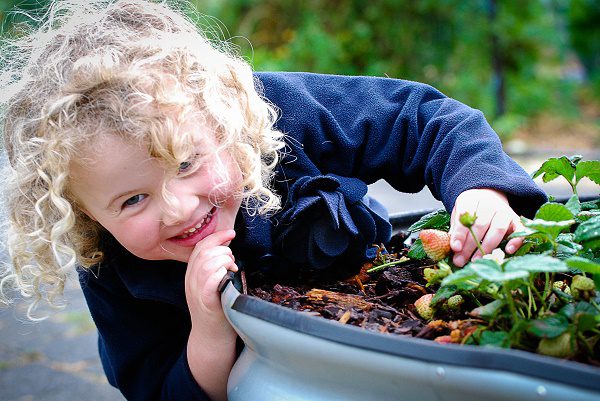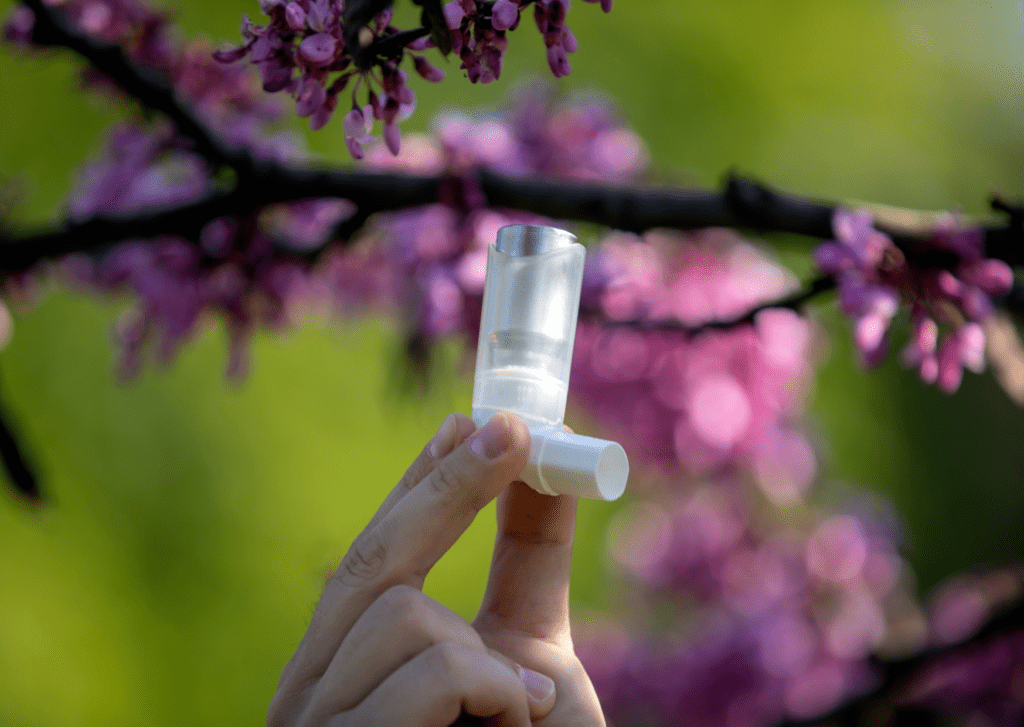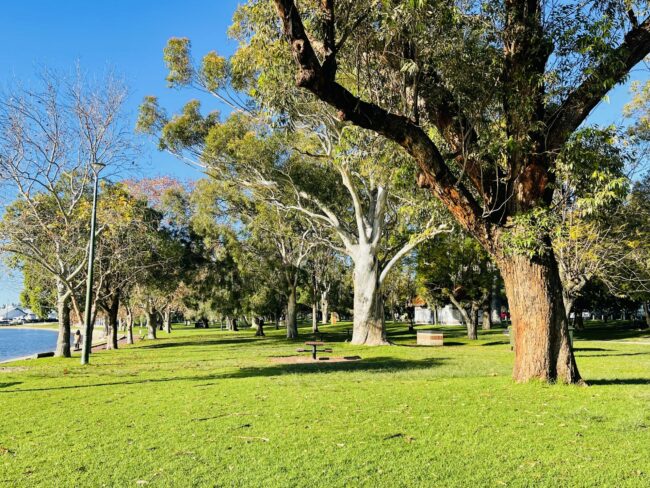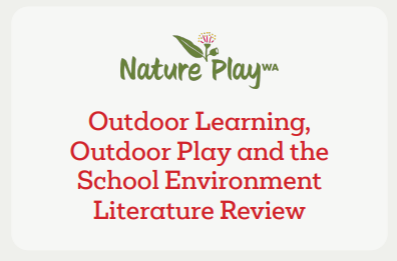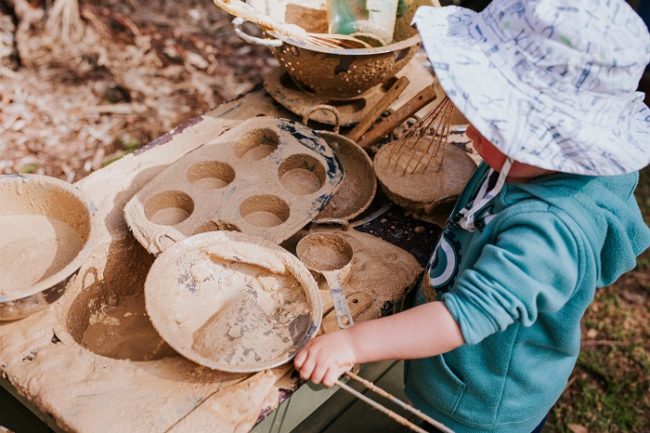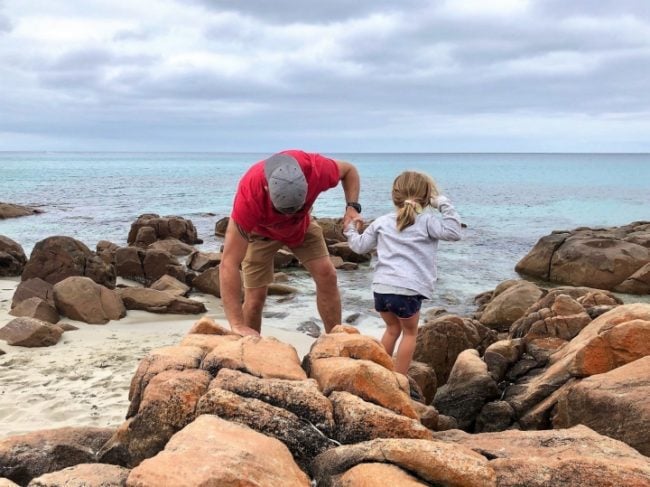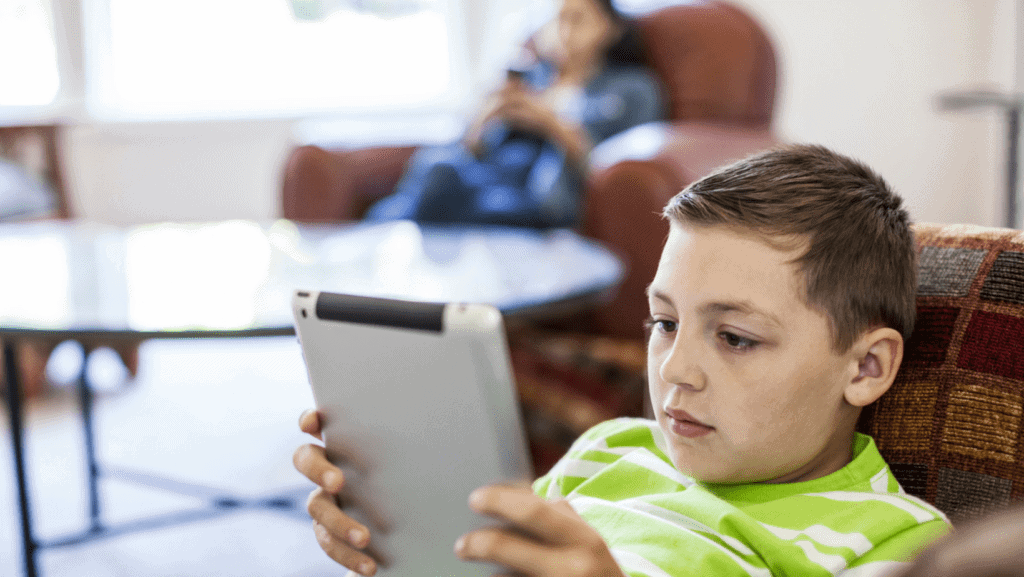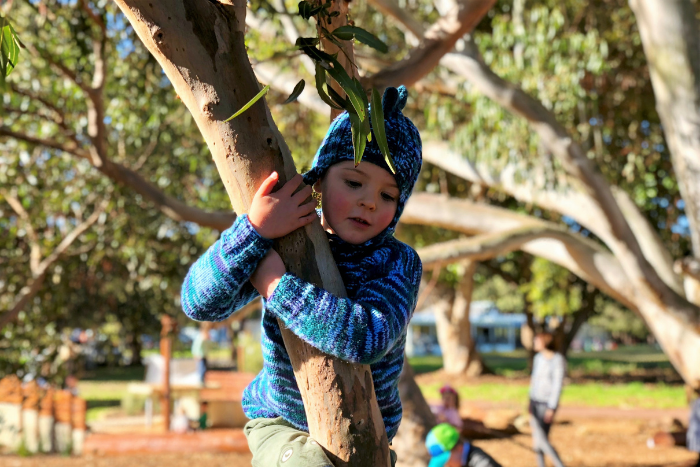The intensification of parenting and generational fracturing of spontaneous physical activity from childhood play in the United Kingdom
Despite an increased drive over the past two decades in Western societies to promote children’s physically active play to improve their health, there are concerns that childhood has become less physically active.

